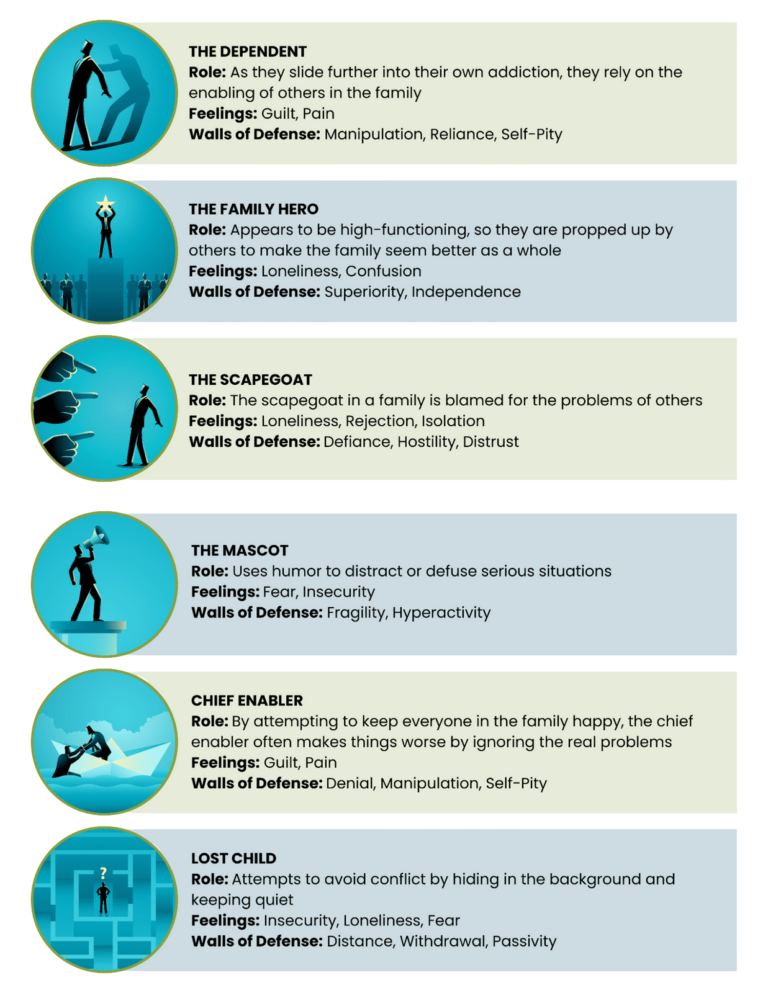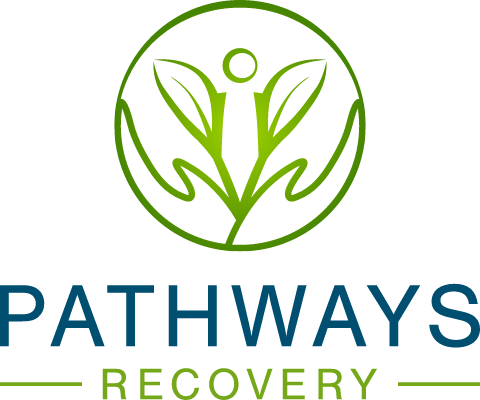Codependency & Addiction
Addictions and codependency are family issues as well as primary illnesses for the addict. Modern treatment methods crucially must address the entire family and relationship structure. Ironically, codependency isn’t about other people but the relationship with oneself. In codependency, those involved often believe that if the addict suddenly sobers up, their problems would go away.
Enabling codependents may subvert the addict’s recovery so the unhealthy relationship dynamics can be preserved. Addicted codependents who hide behind another’s problem may leave the relationship rather than give up their own use.
Codependents in denial cannot adjust to the relationship changes that occur when their partner begins recovery. They may move on to other addictive relationships so they can cling to their own dysfunctional patterns.
Recovery from codependency is deep work based on shifting our relationship with ourselves. Letting go of the need to control people and events is difficult, but will ultimately set us free of our self-defeating patterns, shame, and fear.
Family Roles in Addiction

What is Enabling and How to Implement "Detachment With Love"
Being overprotective may seem like you are keeping those around you safe, but actually, this practice is highly detrimental. We used to call such actions “enabling” because they enabled alcoholics to continue drinking. Today we use the word “adapting,” which is less blaming.
The term “detachment with love” means caring enough about others to allow them to learn from their mistakes. It places a focus on having the addict take responsibility for their own welfare and decision-making.
If you have a loved one facing addiction, it is vital to recognize that we are powerless to control others. You may have been trying to change that person for a long time, and it hasn’t worked. We are involved with other people, but we don’t control them. We simply can’t stop people from doing things if they choose to continue.
Understood this way, detachment with love plants the seeds of helping an addict with recovery. When we refuse to take responsibility for other people’s alcohol or drug use, we allow them to face the natural consequences of their behavior.
We're here to help.

What Are the Signs of a Healthy Family?
- Talk about family problems openly and honestly, and deal with the real problems.
- Express feelings freely, including sadness, fear, and anger.
- Communicate directly.
- Be human; know that it is okay to make mistakes
- Do your best.
- Own your own actions.
- Know that it is okay to play and laugh.
- Conflict is allowed and resolved in a healthy way.
- No rigid roles.
- No rigid rules.
- No family secrets.
- Invite help from the outside when needed.
- Family members have a right to personal privacy in order to develop a sense of self.
- Family members have a sense of family and are permitted to leave the system.
- Family continually changes and evolves.
- There is a sense of wholeness within the family.
How to Stop Enabling
People enable others because they care. But this kind of caring is not caring at all and is destructive to the person being helped. It is a toxic dependency. It keeps adult kids dependent on parents long after they should have been independent adults. It keeps addicted spouses and friends addicted long after they should have been allowed to hit bottom and wake up. It keeps employers stuck with dead weight and paralyzes people’s professional growth. It is horrible. And yet it is one of the strongest maps that people have in their hands. So make this distinction in your mind firmly:
“There is a difference between helping someone who is disabled, incapable or otherwise infirm versus helping someone who is resisting growing up and taking care of what every adult (or child, for that matter) has to be responsible for: herself or himself. When you find yourself in any way paying for someone else’s responsibilities, not only are you stuck with a delayed ending, but you are probably harming that person.”
Pathways Recovery's Family Program
Addiction is a family disease, and Pathways Recovery exists to help treat and educate those suffering from substance abuse and addiction. Your loved one’s journey generally begins in our admissions office, where attention to their physical well-being will be our primary focus to evaluate and medically manage their physical withdrawal symptoms and determine the next phase of their treatment process.
Substance abuse treatment is generally a three-phase process that begins with physical detoxification from the abused substances. Phase two in the process is a 28-90 day residential rehab program to help your loved one gain the best chance possible for long-term sobriety. Phase two will help your loved one understand the dynamics of addiction and teach the process of healing the spiritual and emotional self. After completing the residential phase of the program, many will move on to phase three and choose to attend Intensive outpatient groups while living in a sober living home where they can continue to work on their recovery amongst other sober individuals who also have sought treatment for their addictions. During this phase, the transition back into their life can begin as their loved one returns to work or school, as well as regular family involvement.
What Can a Family Do During the Addiction Treatment Process
- Educate yourself about your loved one’s addiction and mental health issues.
- Learn about the impact of addiction and mental health issues on family members and loved ones.
- Participate in family support such as Al-Anon, Families Anonymous, or a support group for families coping with addiction and mental health issues.
- Support your loved one’s involvement in a Twelve Step program, such as AA or NA, and ongoing therapy.
- Learn new ways of coping with a loved one’s addiction and mental health issues, including what it means to “detach with love” and why it’s important to develop your own self-care program.
- Encourage your loved one to participate in peer support groups.
- Be able to recognize the signs of a drug relapse and know when contact professional help.
We're here to help.
Recommended Reading For Families of Loved Ones Facing Addiction
Reading one or more of these titles will help you understand your own necessary healing process and may bring up questions to ask during the weekly topic discussion groups.
- “Beyond Addiction: How Science and Kindness Help People Change” By Jeffrey Foote, Ph.D., Carrie Wilkens, Ph.D., and Nicole Kosanke, Ph.D.
- “Codependent No More: How to Stop Controlling Others and Start Caring for Yourself” By Melody Beattie
- “Boundaries: When to Say Yes, How to Say No to Take Control of Your Life” By Henry Cloud and Dr. John Townsend
- “The Enabler, When Helping Hurts the Ones you Love” By Angelyn Miller, MA
- “Boundaries: Where You End and I Begin” By Anne Katherine, MA
- “Parallel Process: Growing Alongside Your Adolescent or Young Child in Treatment” By Krissy Pozatek, LICWS
- “Journey of the Heroic Parent: Your Child’s Struggle & the Road Home” By Brad M. Reedy, Ph.D.
- “Shame and Guilt: The Masters of Disguise” By Jane Middleton-Moz
- “Is It Love, Or Is It Addiction?” By Brenda Schaeffer
Get Help For Your Loved One Today With Pathways Recovery's Family Rehab Program in Sacramento
Pathways Recovery believes that all individuals, regardless of their degree of impairment, have the potential to improve their lives through treatment.
All information regarding residents of Pathways Detox and Recovery is confidential and will only be released to those listed on the confidentiality release form.
Please feel free to contact us if we can answer any of your questions or concerns.

